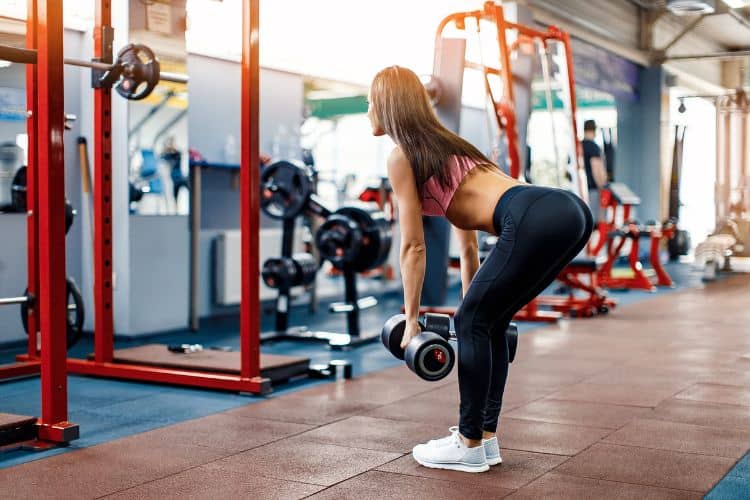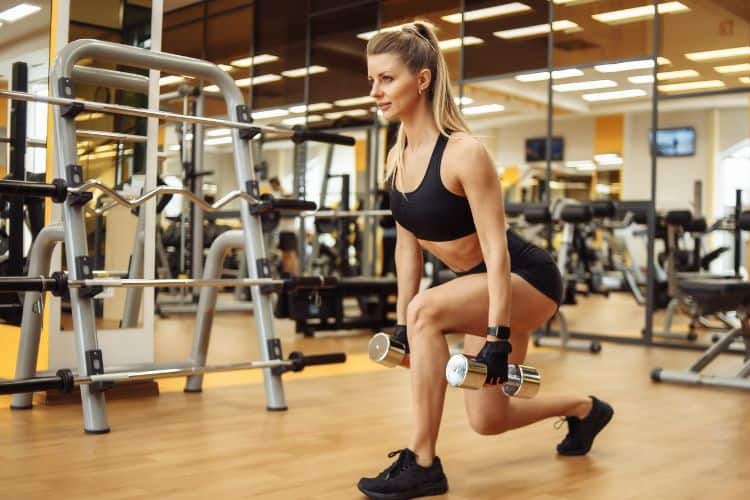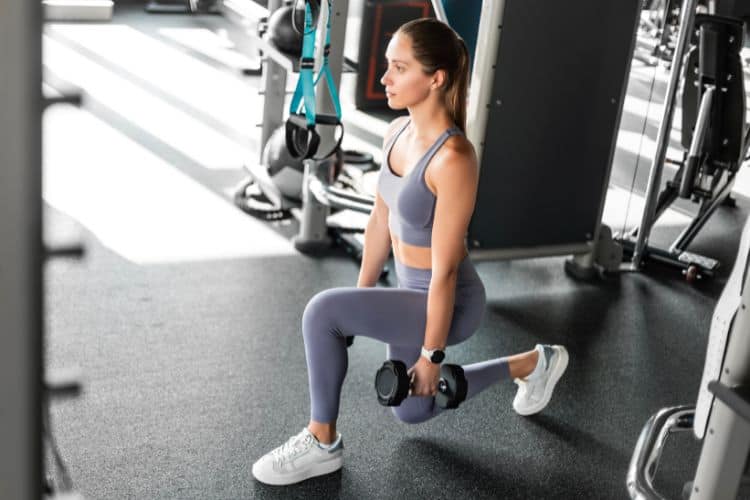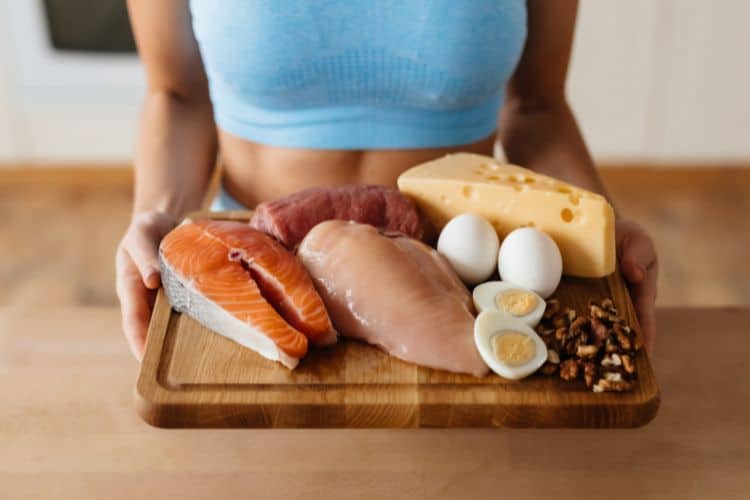Sign up for workout ideas, training advice, reviews of the latest gear and more.






Protein is one of the most essential nutrients for the human body, yet many women underestimate how important it truly is for their health, fitness, and overall wellbeing. From supporting lean muscle growth and metabolism to improving skin, hair, and bone health, protein plays a role in nearly every aspect of a woman’s life. Whether your goal is weight management, strength training, or simply aging gracefully, understanding the importance of protein for women can be a game-changer.
In this comprehensive guide, we’ll explore why protein is vital for women, how much you need at different stages of life, the best sources of protein, and practical tips to ensure you’re getting enough every day.
Protein is made up of amino acids—often called the “building blocks of life.” These amino acids are responsible for repairing tissues, producing enzymes and hormones, and maintaining healthy cells. For women, protein intake has unique implications tied to hormonal balance, reproductive health, and body composition.
While both men and women need protein, women’s bodies process and use protein differently. Factors such as menstrual cycles, pregnancy, menopause, and hormonal changes all impact how much protein women need to stay healthy. Additionally, women are more likely to experience iron deficiency and osteoporosis, conditions that can be better managed with proper protein intake.
Contrary to the myth that protein only matters for athletes, women of all fitness levels benefit from muscle support. Building lean muscle helps improve strength, posture, and daily functional movement. Women who strength train and consume enough protein not only gain definition but also increase bone density, lowering the risk of osteoporosis.
Protein helps with satiety—it keeps you fuller for longer. This makes it an essential nutrient for women aiming to lose or maintain weight. By reducing hunger and supporting stable blood sugar levels, protein naturally helps prevent overeating. In addition, protein requires more energy to digest, meaning your metabolism burns more calories through the thermic effect of food (TEF).
Hormones like estrogen and progesterone play critical roles in women’s health. Protein provides the raw materials needed for hormone production and regulation. Adequate intake can help stabilize mood, regulate menstrual cycles, and reduce the severity of PMS symptoms.
Women are at a higher risk of osteoporosis, especially post-menopause. Protein not only contributes to stronger bones by enhancing calcium absorption but also supports joint health, reducing the risk of injuries.
Collagen, keratin, and elastin—all proteins—are key to healthy skin, shiny hair, and strong nails. A diet lacking in protein often results in brittle nails, thinning hair, and dull skin. Adding high-quality protein sources boosts natural beauty from within.
Women with busy lifestyles—balancing careers, family, and workouts—need sustainable energy. Protein helps regulate blood sugar levels and provides steady energy throughout the day. It also speeds up recovery after workouts, reducing soreness and fatigue.
The Recommended Dietary Allowance (RDA) for women is 0.8 grams of protein per kilogram of body weight. However, this is the minimum required to prevent deficiency, not the optimal amount for health and performance.
It’s not just about how much protein you eat but also when you eat it. Spreading protein intake evenly across meals and snacks helps maximize absorption and muscle synthesis. Aim for 20–30 grams of protein per meal for optimal results.
For women struggling to meet their daily requirements through food alone, protein powders can be a convenient solution. Options include whey protein, casein, pea protein, and soy protein. Look for low-sugar blends with added vitamins or collagen for extra benefits.
Teenage girls experience rapid growth and hormonal changes. Protein helps support bone development, muscle growth, and mental focus—especially important for active or athletic teens.
These years are often the busiest, with careers and families demanding energy. Adequate protein intake fuels workouts, helps maintain a healthy metabolism, and supports fertility.
Protein needs increase significantly during pregnancy to support the growth of the baby and placenta. It’s also vital for milk production during breastfeeding. High-quality protein ensures both mother and child receive essential nutrients.
As estrogen levels decline, women naturally lose muscle mass and bone density. Increasing protein intake, combined with strength training, can help preserve lean mass, improve metabolism, and protect against osteoporosis.
In older age, protein becomes even more critical to combat sarcopenia (age-related muscle loss). Adequate protein helps maintain independence, mobility, and overall health.
One of the biggest misconceptions is that eating protein or lifting weights will make women overly muscular. In reality, women lack the high testosterone levels necessary for extreme muscle growth. Instead, protein supports lean, toned physiques.
Every woman—from stay-at-home moms to business executives—benefits from higher protein intake. Protein is not exclusive to bodybuilders; it’s fundamental for energy, recovery, and daily health.
While plant-based proteins may not always contain all essential amino acids, combining different sources (such as beans and rice) ensures complete protein intake. Many women thrive on vegetarian or vegan diets with careful planning.
For healthy women, high-protein diets do not damage the kidneys. This myth is often based on studies involving individuals with pre-existing kidney disease. For the general population, protein intake above the RDA is safe and beneficial.
Protein is far more than just a nutrient for athletes—it’s a foundation for women’s health at every stage of life. From adolescence to older adulthood, ensuring adequate protein intake supports strength, energy, hormonal balance, beauty, and longevity. Whether through whole foods or supplements, making protein a daily priority can help women look, feel, and perform their best.
By understanding its importance and incorporating it into your meals consistently, you’ll unlock a healthier, stronger, and more vibrant version of yourself.
Stay up to date on the latest women’s health, fitness and lifestyle trends and tips.